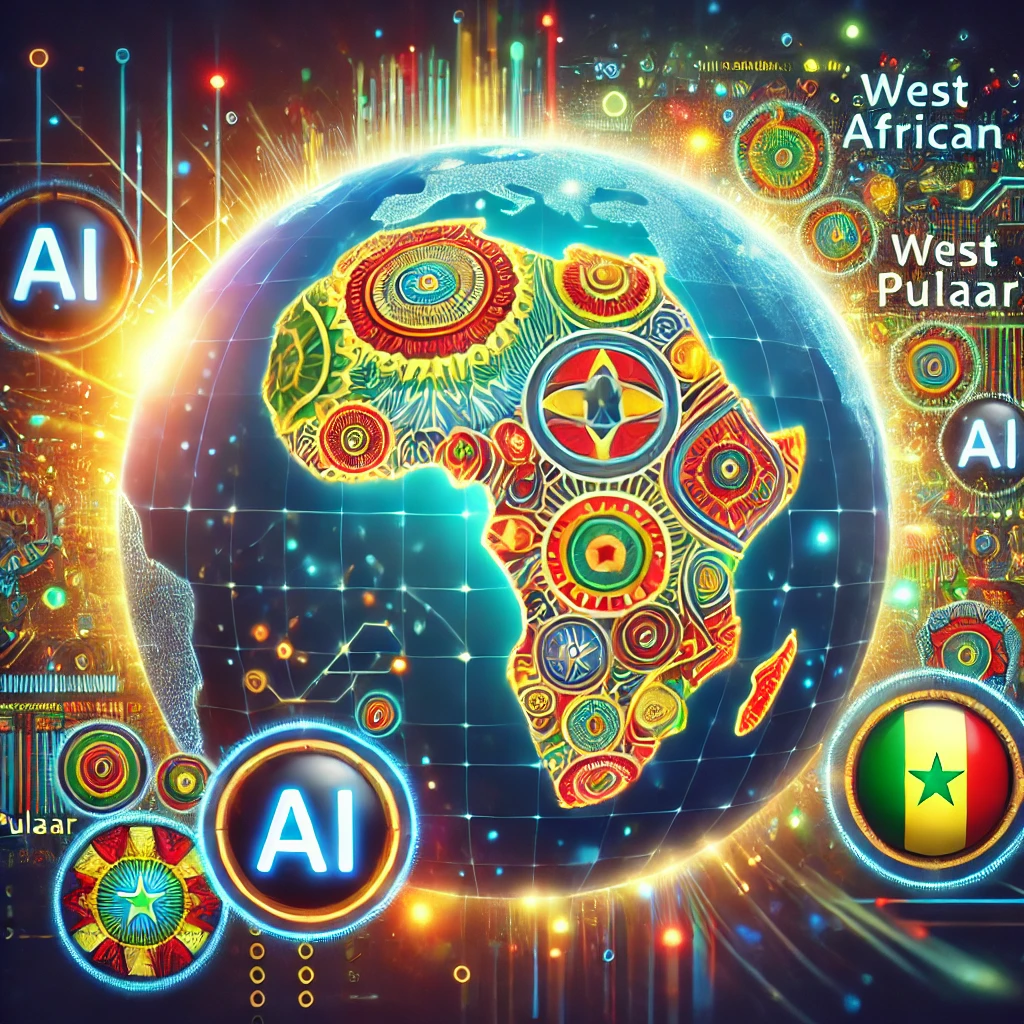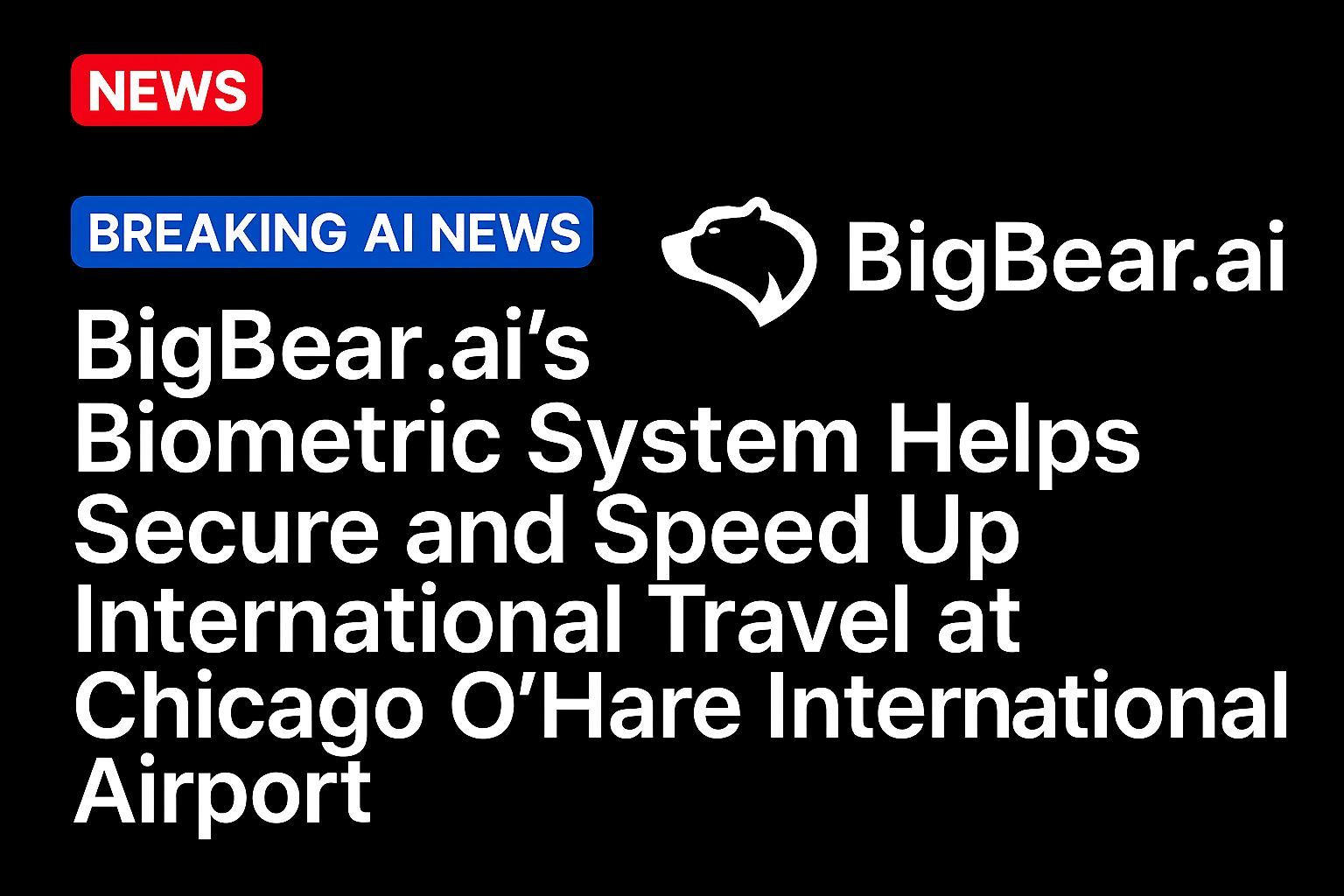Telecommunications giant Orange has partnered with OpenAI and Meta to develop cutting-edge AI models that can comprehend and process West African languages currently overlooked by mainstream conversational systems. This initiative represents a significant step toward linguistic inclusivity in artificial intelligence, aiming to serve communities that have long been marginalized in the digital space.
Filling the Linguistic Gap
The first phase of the project, set to launch in early 2025, will focus on incorporating Wolof and Pulaar—two widely spoken regional languages in West Africa. Orange’s chief artificial intelligence officer highlighted the critical need for such models, pointing out that these languages “are not understood today by any AI” and therefore lack representation in global AI platforms.
By creating AI systems that understand these languages, the partnership seeks to bridge the digital divide and empower millions of speakers with technology tailored to their cultural and linguistic needs.
Building Custom AI Models
Developing these AI models involves a mix of cutting-edge technology and localized data collection. Orange, in collaboration with OpenAI and Meta, is utilizing advanced techniques such as:
- Natural Language Processing (NLP): Tailored specifically to the grammar, syntax, and idiomatic expressions unique to Wolof and Pulaar.
- Community Input: Engaging native speakers and local linguists to ensure cultural accuracy and relevance.
- AI Democratization: Expanding the accessibility of conversational systems to regions previously excluded.
Implications for the Region
This initiative is more than a technological achievement; it represents a step toward digital equity. For millions of West Africans, these AI models will enable access to information, services, and tools in their native languages. Whether for education, healthcare, or business, the applications are vast and transformative.
Challenges and Opportunities
The project is not without hurdles. Collecting high-quality linguistic data and addressing the nuances of regional dialects require significant resources and collaboration. However, if successful, the initiative could serve as a blueprint for extending AI capabilities to other underserved languages worldwide.
With Orange, OpenAI, and Meta at the helm, this collaboration signals a future where AI is not only smarter but also more inclusive, celebrating the rich linguistic diversity of our world.





